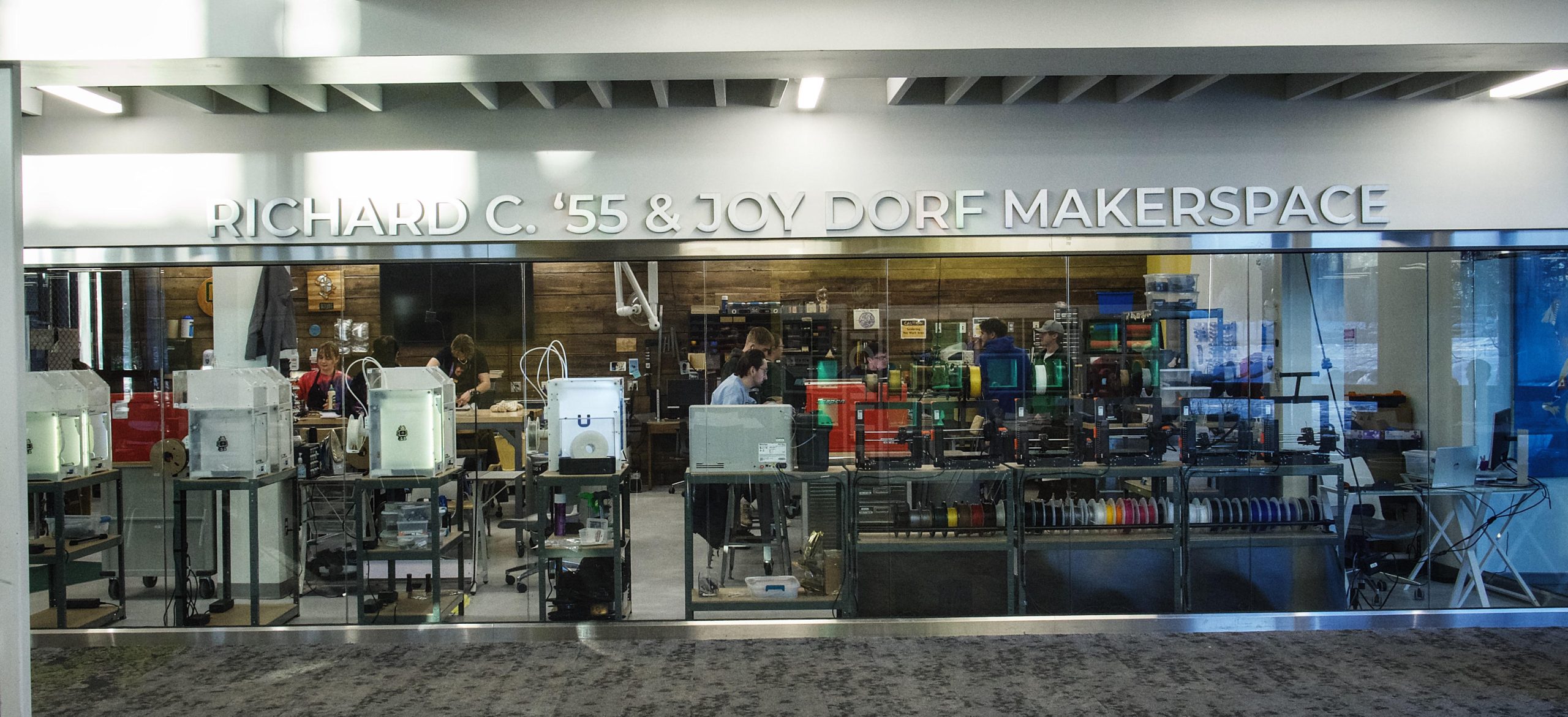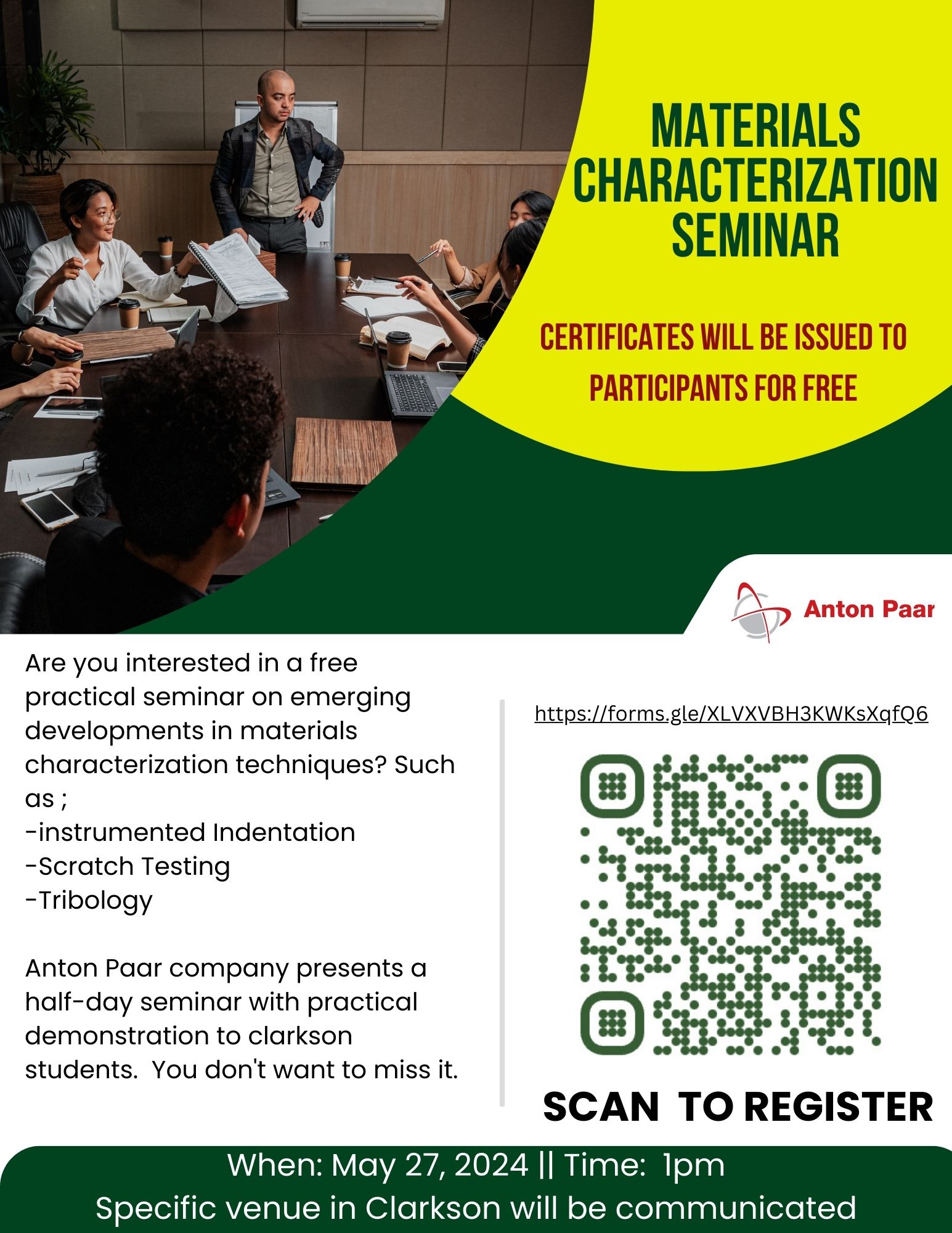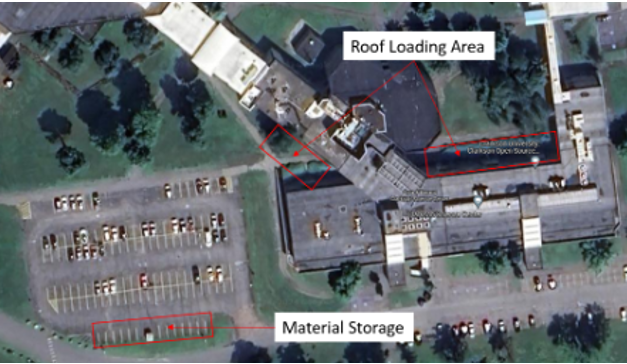
Clarkson University Professor of Chemical & Biomolecular Engineering Emeritus Gregory A. Campbell has published a new book about the manufacturing and extrusion of polymers.
The book, titled Extruder Processing: Comparison of Single- and Twin-Screw Extruders for Optimal Solids Conveying, Melting, and Mixing, was co-written with Paul G. Andersen.
Polymers are used in manufacturing many everyday items, including trash bags, food packages, disposable dishes and utensils, tables and chairs, automobile fenders, airplane parts, composite decking, and more.
The word polymer describes these materials as the assembly of many mers or “polymers.” A mer is a chemical compound similar to acetic acid in vinegar or ethanol in alcoholic beverages. Applications using polymers require many different properties, from polymers with a gelatin-like property, all the way to polymers that are almost as hard as a rock.
Products made with polymers come in many different colors, but when the polymer is first produced, it will often be transparent like glass or have a white, gray, or straw-like color with only one base property: soft or hard.
Single- and twin-screw extruders are used to alter the base properties of polymers by using the screws to mix other materials, such as pigments for color, rigid filler similar to sand, or gelatin-like rubbers into the base polymers.
The two extruder types each have different costs and require different amounts of plant space, which is also a production cost. Each extruder type is best for certain types of additions.
Campbell’s book compares the differences, giving managers and engineers the information they need to decide what type of extruder will have the best cost to modify a particular polymer for a certain application.
Campbell now lives on Englishman Bay in Jonesport, Maine, with his wife, Susann. During his 50-year career at General Motors, Mobil Chemical, Clarkson University, and now as a consultant, he has focused on gaining a fundamental understanding of problems that were industrially important. In many of these problems, a new fundamental understanding of the process or problem had to be developed.
At Clarkson Campbell served as dean of the School of Engineering, chief information officer, and chair of the Department of Chemical Engineering. He is a past president of both the Potsdam, N.Y., and Machias, Maine, Rotary Clubs, and past district governor of Rotary International District 7040.
Andersen is a process engineering consultant at Coperion Corporation with 40-plus years of industrial polymer development and processing experience.
https://www.clarkson.edu/news/clarkson-university-professor-emeritus-publishes-new-book



